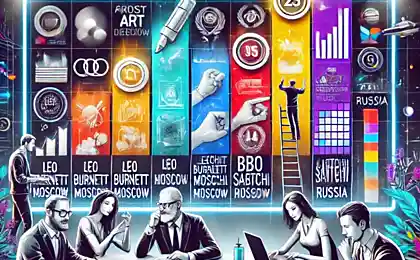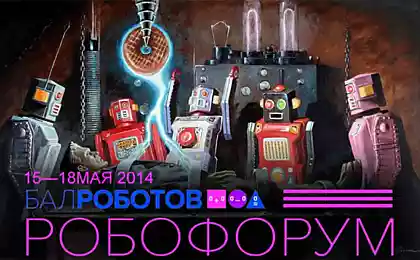445
Consumers: the Behavior of market participants in the field of culture

Under the pressure of the market economy in the sphere of culture becomes a mass, seeking to expand the range and standardize quality. We see a large number of bright, but similar products. The range is so wide, even just to see with all is impossible, not enough time, even if to do just that. But this is not necessary. Standardization leads to the fact that, by and large, it does not matter who is to read, listen or watch, as in its own category the products will be almost identical. How such features of modern mass market consumers react? Overall, they perceive what is happening positively. Why? Because, on the one hand, the modern consumer has been trained that the rich choice is good, and what it is, the better. On the other hand, quality standardization facilitates the selection and makes the result predictable. The viewer, for example, going to blockbuster, clearly understands what he pays for and gets what, and what kind it will be a blockbuster, no longer so important.
Seeing this consumer behavior, sellers it becomes much easier to form the taste, than trying to guess it and certainly no reason to bring up the taste. Why? Formed taste will allow you to predict demand, and this will provide the opportunity to more effectively organize the mass production and marketing of products. Especially what the mass consumer is only happy with the approach. Why? The choice on the market today, with a huge range of products, requires significant knowledge about the culture, cost, time and effort. Much easier to be in the mainstream, within a market of taste. For example, if all love, Koala or Murakami, it is easier to accept it as a standard of quality and love with all. As a result, all work in the win, the consumer is easy to navigate, the manufacturer is easier to increase the circulation.
However, in the end consumers are gradually beginning to atrophy as unnecessary taste, and after a while they start not to lose the ability to exercise meaningful choice. From the point of view of culture is a terrible thing, but from the business point of view and authors, fine. The reader is tasteful, controlled from outside, is very convenient. Every quarter bring to market new authors and make good sales.
The authors, realizing that the consumer "gobble" in the pursuit of volume begin to dilute the "text" of "water". The consumer, seeing this, becomes accustomed to pressing the "water" of content "on the machine". But when such consumption of cultural content is part of a habit, he loses the ability to deep perception. And more can not accept complex texts or images. And what happens? The consumer is not only unable to distinguish the profound text from the primitive, but even if someone for him and make the right choice, that he would not be able deep the text to perceive. What will happen to similar texts in the market conditions? They cease not only to produce, but after some time will disappear, and those who can create them.published
Author: Yuri Verderevskii
Source: r-v-s.su/povedenie-uchastnikov-rynka-v-oblasti-kultury-potrebiteli
Nine famous chefs on the conscious attitude to food and tricks sports
Juvenile court — outside the law























